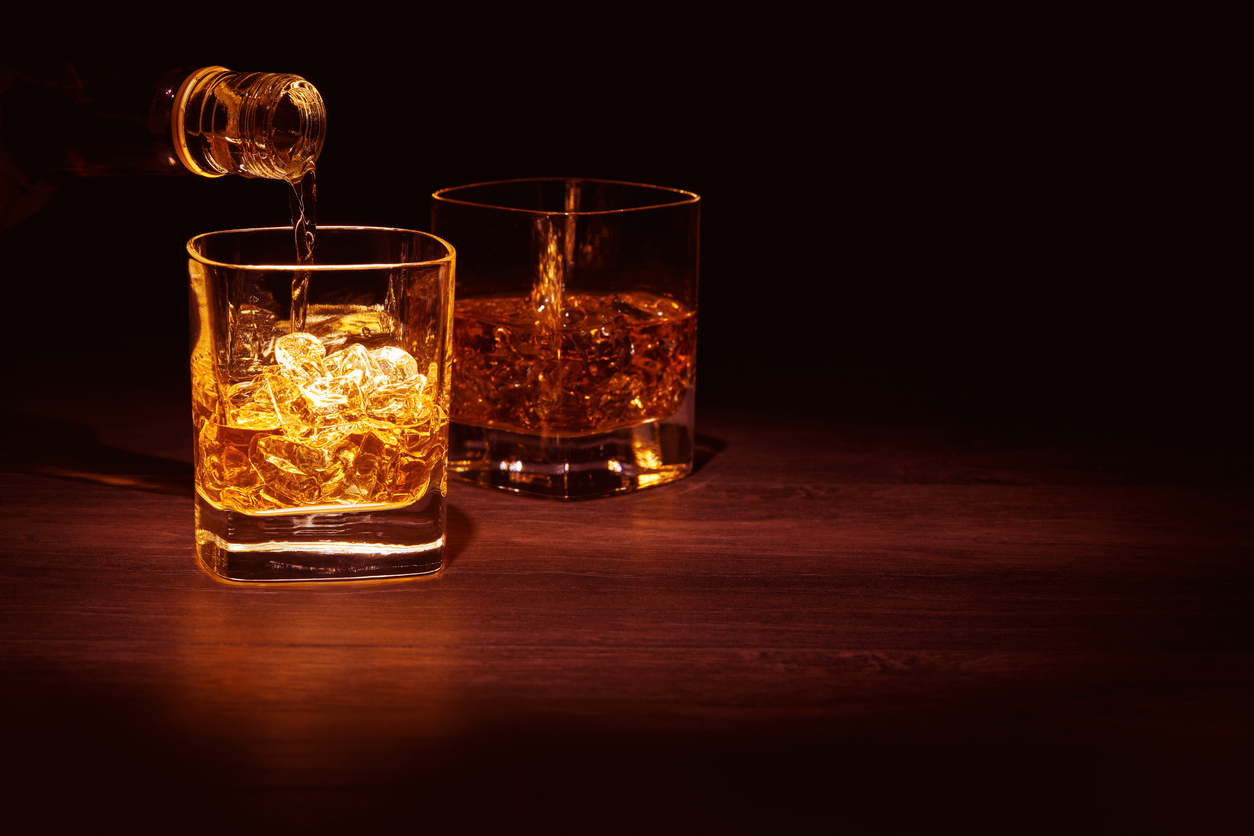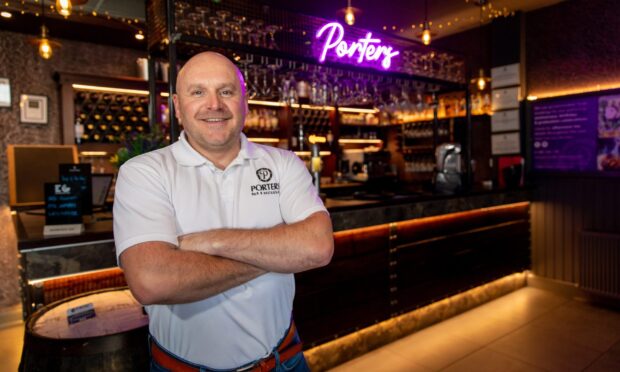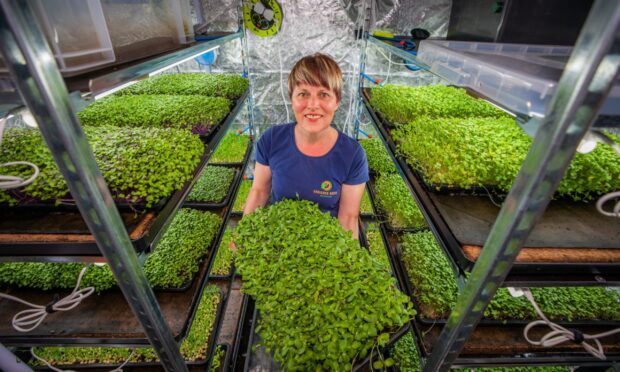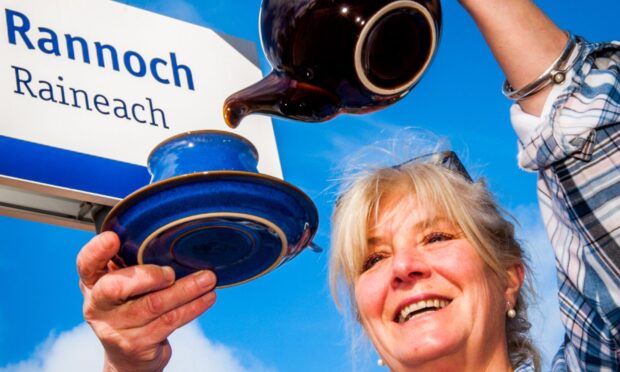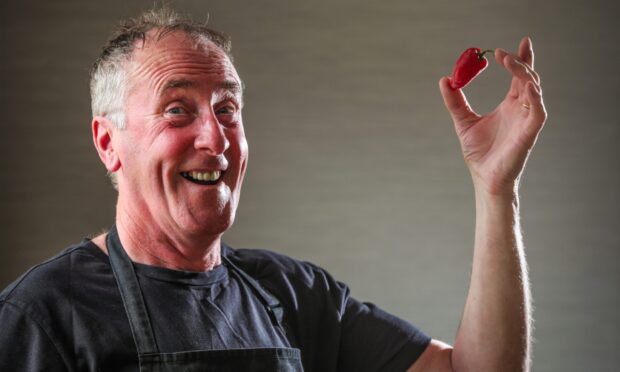Scotch whisky’s growing success in recent years is down to a number of factors. For a start, good advertising and “soft” marketing, such as having people drink single malts in a popular TV series.
Constantly highlighting the quality and subtle differences between all the many single malts has helped too. Also, skilled blending and quality control mean that harsh or iffy whiskies are largely a thing of the past.
However, what historically helped to make Scotch a global drink was the gong-banging pioneers of blended Scotch in the Victorian era, men such as Tommy Dewar, Graham Menzies, James Buchanan and James Calder. Driven by self-belief and a big flair for publicity, they extolled the benefits of Scotch at a time when it was largely overshadowed by Irish whiskey.
Irish whiskey was, and still is, grain whisky — a mix of high-diastase barley with maize or wheat. But whereas Scots distil grain whisky in Coffey or patent stills, Irish whiskey was then distilled in huge pot stills, many holding 30,000 gallons (136,000 litres) or more. Owing to the sheer volume of wash, distilling took a long time, the end result a smooth whisky that had gained a strong following in England and elsewhere. Scotch, whether malt, grain or blend, was the also-ran.
Indeed, Scotland’s great Distillers Company Limited, better known as DCL, built Phoenix Park distillery in Dublin in 1878 to ensure it had a foothold in Irish distilling, stating to shareholders they had to do it as Irish whiskey enjoyed a 25% price premium over Scotch at the time.
So great was Irish whiskey’s repute that unscrupulous Scots traders sent cheap grain whisky to Ireland, blended it with a gallon or two of coarse Irish whiskey and then sent it to London with Irish barrel markings — which not only damaged Irish distillers’ sales but also Irish whiskey’s good name. Understandably, the Irish campaigned vigorously against it at Westminster.
Sadly, once the Irish Free State was established in 1922, the UK closed its doors to Irish whiskey and it took Ireland almost 70 years to re-establish the repute of, and demand for, its whiskies.
